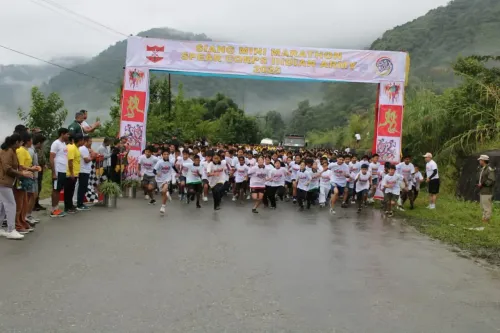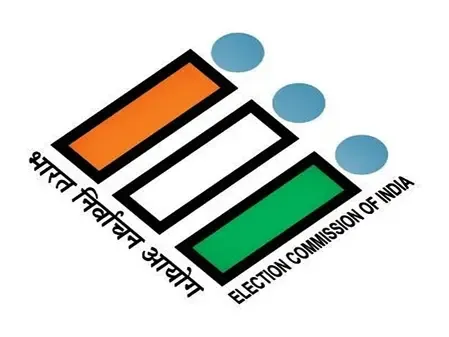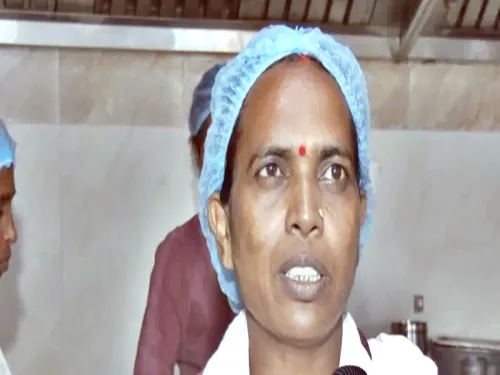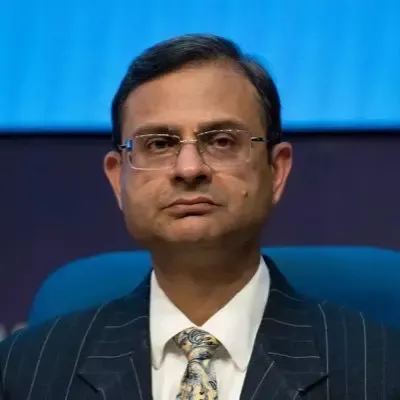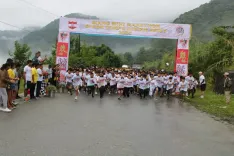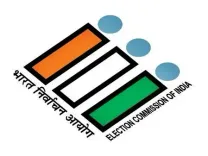Is India's Economy Thriving Despite Global Challenges? Union Minister Shekhawat Weighs In
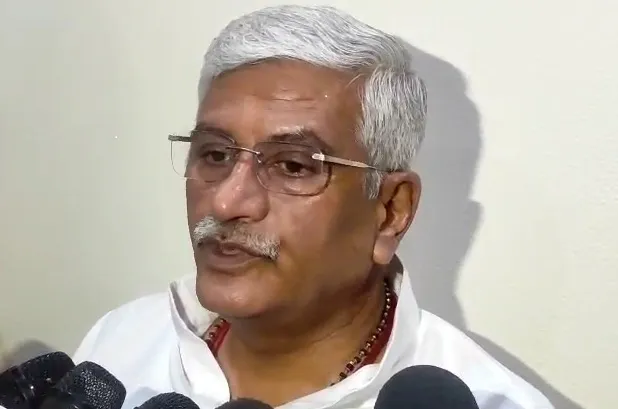
Synopsis
Key Takeaways
- India's economy is resilient due to strong service-sector exports.
- Quality enhancement and cost reduction are crucial for global competitiveness.
- India may become the third-largest economy within two years.
- The food processing sector has significant potential for rural growth.
- The return of Lord Buddha's relics is a historic cultural achievement.
Jaipur, Aug 2 (NationPress) Union Minister Gajendra Singh Shekhawat remarked on the recent tariff increase by the United States, stating that India's economy remains resilient thanks to its strong service-sector exports.
He highlighted that the composition of India's exports acts as a buffer against such international shifts.
Stressing the importance of quality improvement and cost efficiency, Union Minister Shekhawat emphasized that these measures will enable India to maintain its competitive edge globally.
Expressing confidence in the nation's economic path, he stated, "India is set to become the world's third-largest economy within the next two years."
He also pointed out the enormous potential within the food processing sector, noting that it will create new opportunities for farmers and foster rural economic development.
While addressing the media during his visit to his home district, Union Minister Shekhawat criticized the Congress and opposition parties, stating that when they lack genuine issues, they resort to creating misleading narratives to remain politically relevant.
He said that whether it concerns the Constitution, elections, reservations, or the Special Intensive Review (SIR) process, the opposition has consistently disseminated "misleading propaganda".
Referring to the recent court ruling in the Malegaon case, Union Minister Shekhawat remarked, "The truth has once again prevailed. The opposition's fabricated narrative has been exposed."
He asserted that the populace is well aware of the Congress and its allies' true nature.
"The truth may be concealed temporarily, but it cannot be erased," he added.
On the return of Lord Buddha's relics to India, he expressed that this event symbolizes a proud moment for Indian heritage.
He revealed that these sacred ashes have returned after 127 years.
Following Lord Buddha's Parinirvana, his ashes were divided into eight parts, with one portion stored in a stone box by the Shakya clan in Piprahwa, Kapilvastu.
The relic was discovered during a British excavation in 1898, transported to England, and eventually acquired by explorer William Preppy before reaching the United States.
In April, news surfaced regarding its auction.
"Under the leadership of Prime Minister Narendra Modi, the Indian government intervened, halted the auction, and ensured the relic's return," he noted.
Union Minister Shekhawat referred to it as a "historic cultural achievement" and expressed hope that this initiative could lead to the return of other lost elements of Indian heritage.

